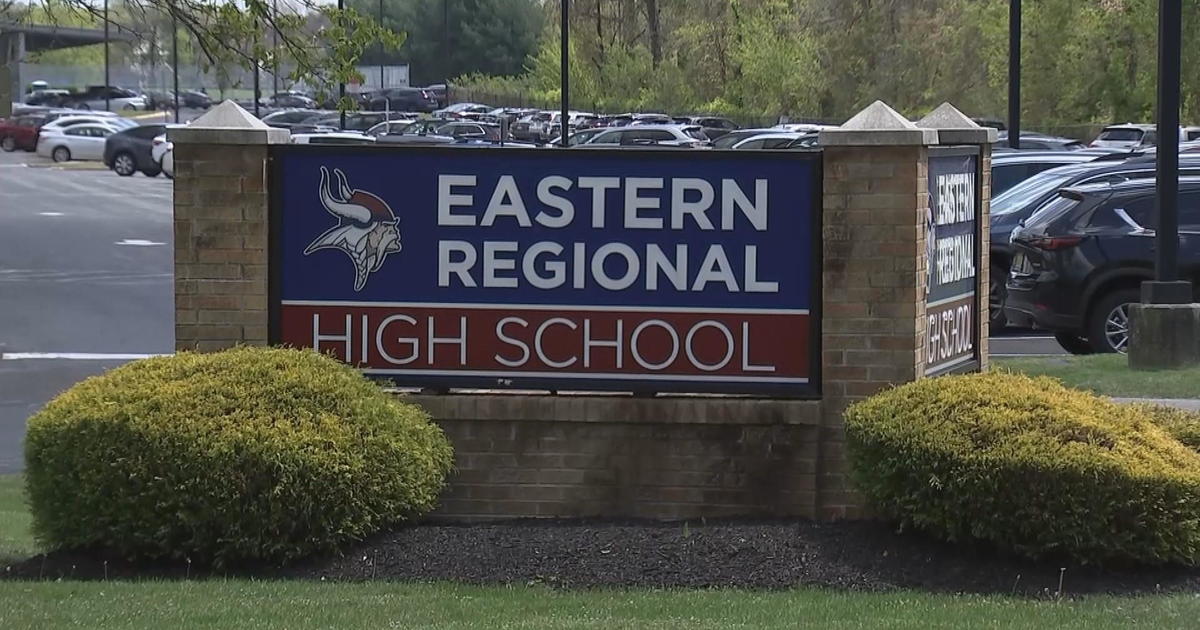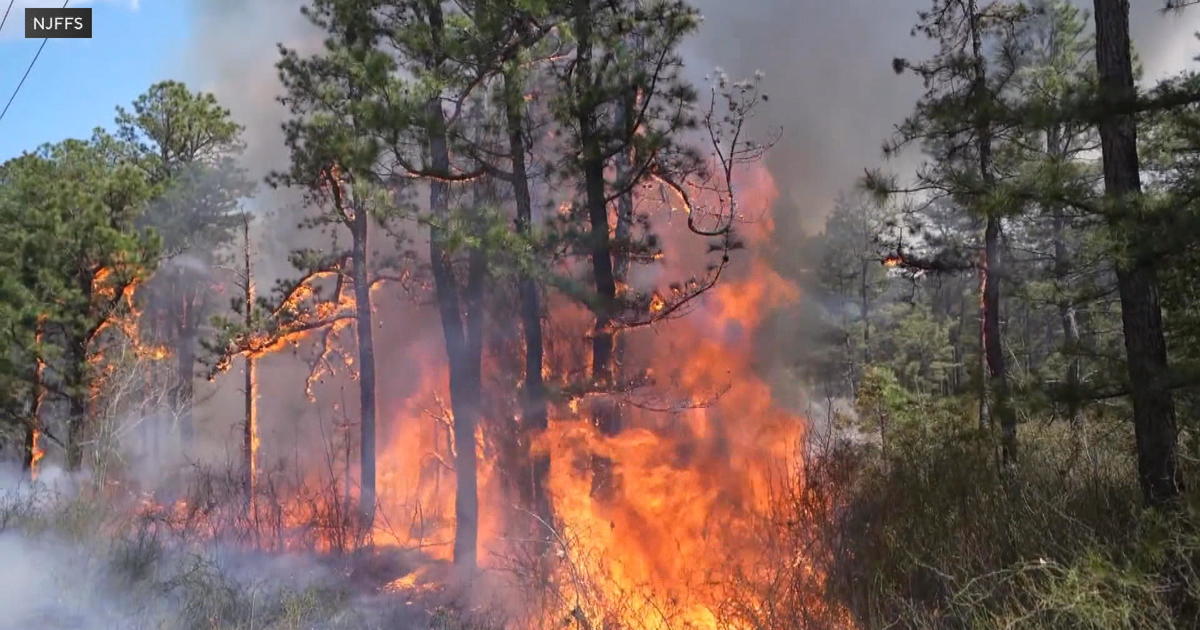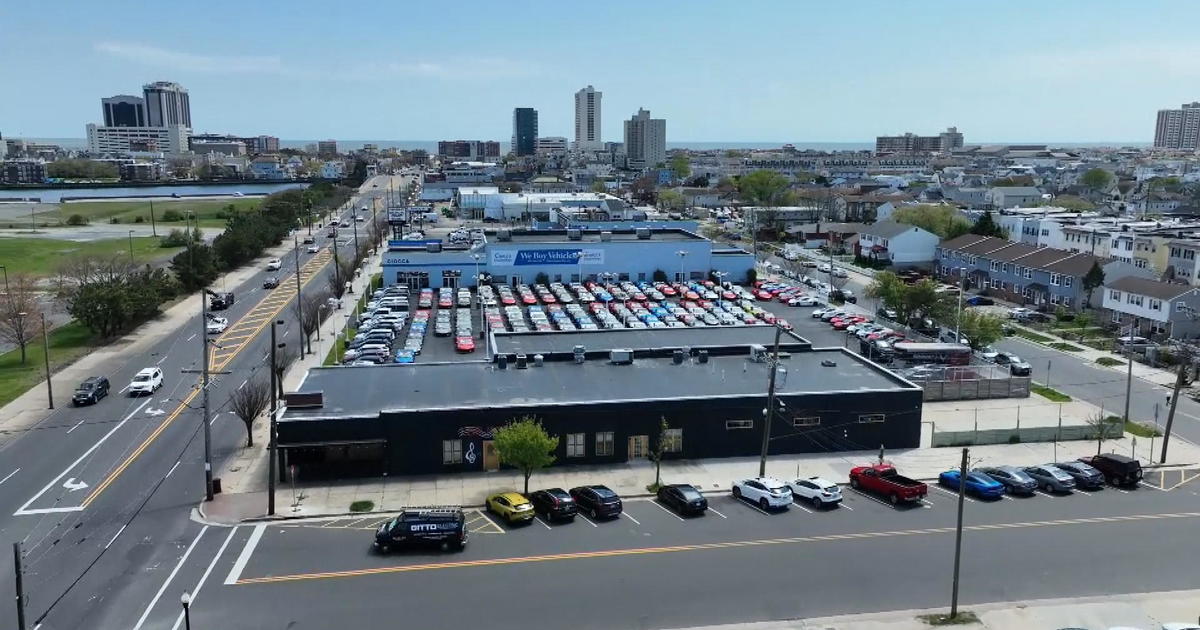New Jersey county uses innovative program to treat and prevent drug overdoses
In the New Jersey city of Camden, the battle against opioid overdoses is a daily fight.
First responders told CBS News that on average, they use naloxone, an overdose-reversing drug that works on opioids like fentanyl and heroin, about three times a day. The area has one of the highest overdose and drug-related fatality rates in the state.
"They would come in at 7:00 in the morning, they would go out, they would reverse an opioid overdose and, by the end of their shift, they were going out and reversing the same patient with another opioid overdose," said Dr. Rick Rohrback, an EMS medical director.
As overdose deaths nationwide more than doubled in the past decade, it's become clear that naloxone isn't enough. Instead, medical professionals at Cooper University Health Care, one of the largest healthcare systems in the area, are trying a novel way to get people who use or overdose on drugs into medical treatment.
"When the data started coming out, that every overdose we see has a one in ten chance of dying in the next year, that kind of put it all in perspective for us," said EMS medical director Dr. Gerard Carroll, who said that in the past decade the emergency room saw a major increase in drug-related admissions.
Carroll and his colleagues launched a study using the medication buprenorphine. Called "bupe" for short, the medication is taken orally and treats opioid withdrawal and stabilizes patients. Carroll's study found that by equipping ambulances with buprenorphine and training paramedics to start patients on it after reviving them with naloxone, they could get almost six times as many people into drug treatment within the following month.
In 2019, the New Jersey Department of Health approved a $250,000 grant to fund paramedics to carry and offer buprenorphine on calls.
For first responders, this means that once an overdose has been reversed, oxygen is given, and the patient is fully awake and responsive, it's "game on," Carroll said. Paramedics like Laith Shubbar and Corey Dipatri will sit with patients, who are usually disoriented and confused, and offer them the medication. If they take it, paramedics will stay with them until it takes effect.
"It's not a solution to the opioid crisis, so I don't want to overstate anything," Carroll emphasized. "But when patients take (bupe), and ... I think our uptake is somewhere around one in 10, one in 12, but of those, about 30 percent to 40 percent make their first and second appointments and are in treatment at about 30 days."
When people go to those appointments, they met Dr. Kaitlan Baston, the head of Cooper University's Center for Healing, where more than just treatment is offered.
"We basically ask what their needs are that day," Baston said. "Food, clothes, shelter, you know, community and engagement and love, which is a basic need, and medication. If you don't have your basic needs met, it's really hard to engage well in therapy or work on your trauma."
The center also offers help with mental health and basic needs, and services that can connect people with housing and employment resources. The efforts are part of a revamped approach to treating addiction, Baston said.
"We saw paramedics and EMTs and frontline workers, police officers, nurses … giving them emergency naloxone over and over and over again, and they felt like the patients were failing. But we never gave those patients treatment, we just reversed them," Baston said. "It'd be like if someone had a heart attack and we immediately stabilized them, but then gave them no medicines to prevent the next heart attack. And they were like 'Weird, they had a heart attack again.'"
There has been some pushback to the buprenorphine and treatment programs, Baston and Rohrback said, but the data shows that their approach is working.
"In Camden County, we actually saw overdose rates stay stable or go down a little bit while overdose rates were still skyrocketing in every other county in New Jersey," Baston said.
The treatment process means that people have time to get through the withdrawal process and then treat their trauma, offering a chance at healing.
"The brain can heal, but you need time," she said.



